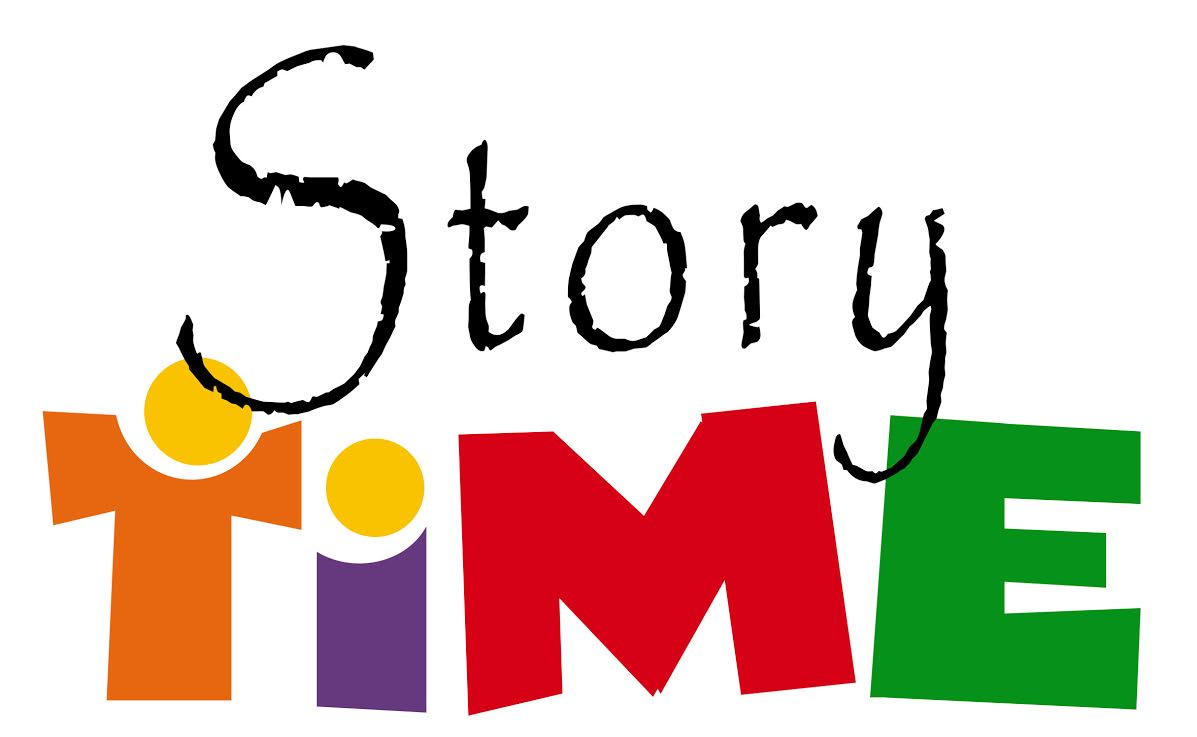I thought the survey was to judge how the school was doing on meeting their goals as described in the Mission Statement. Not so fast. I sent the following e-mail to Chip McGee, Superintendent of the Bedford public schools:
DAP SURVEY
On May 12, 2016, at 4:01 PM, I wrote:
Hi Chip:
Below is a copy of an e-mail sent to parents yesterday. I’m concerned by a few things and wanted to share those concerns with you and the school board.
First let me say that I appreciate surveys and can see value in eliciting feedback from students and parents. This is being done in other schools by administrators and even school board members now. I’ve seen some great surveys sent to parents by the Principal at Trinity and board members in other districts who want feedback from parents.
These surveys have been done with no cost involved via e-mail and survey monkey. My hope is that any survey done in the district will be done at no cost to the taxpayers. Did this survey cost the district and if so, how much did it cost?
In the letter to the parents Mr. Fournier says,
“The purpose of this survey is to measure student achievement related to our school district mission, specifically our goal “to develop a community of learners who are intellectually curious, resourceful, and respectful of self and others.”
……The survey asks students about developmental assets:…..to collect information on learner assets. We found that the great majority of our students had “adequate” or “thriving” assets, and we plan to survey each year to make sure we have maintained or improved upon those results.
In the first part there is a reference to “student achievement” as it applies to the mission statement. The three terms in the mission statement are; intellectually curious, resourceful and respectful of self and others. This survey seeks to measure growth in these areas through self reflection. This is done in a subjective way but I wonder if this really targets the mission statement and its goals.
In addition Mr. Fournier goes on to say this is done to ask students about their “developmental assets” and to collect information. It also appears as if the developmental assets of children, have already been measured in the past and found to be either “adequate” or “thriving.”
Since these are non-academic goals I went through the survey but wondered how the survey can make this determination based on the questions asked.
Keeping the mission statement as the key to determining if the students have these “developmental assets”: intellectually curious, resourceful, and respectful of self and others,” the Search Institute included these questions in the survey:
1) I tell other people what I believe in.
14) I can be disappointed about something, but not get too upset
17) I feel safe at home
29) I do chores at home and help make family decisions
31) I do things at a religious place, like a church
32) I do things like eat good food and get exercise
42) I spend time at home doing things with my parents
43) I have friends who set good examples for me
45) I have adults who set good examples for me
46) I have a safe neighborhood
47) I have parents who want me to do my best and help me do it
48) I have good neighbors who care about me.
52) I have a family that sets clear rules for me
53) I have parents who talk with me about doing well in school
54) I have a family that gives me love and support
55) I have neighbors who help watch out for me
56) I have parents who are good at talking with me about things
58) I have a family that knows where I am and what I am doing
There are some really good questions on the survey that target the school climate versus what is going on in the student’s home and neighborhood. These additional questions listed above seem to be out of the scope of the purpose of the survey. In fact it sounds like an inventory by social services on what is going on in the home versus a survey on how well the school is accomplishing their goals.
How would a school district rectify a situation with a child if the parents are not talking to their children regularly about how well they are doing in school? How does that meet the mission of the district? Would a child be considered “adequate” or “thriving” if they attend Church services?
Reading through the survey I’m going to assume that “doing things at a religious place like a church” would be considered an asset. If the student does not do things at a church, are they graded as adequate versus thriving? More importantly, how do these questions apply to the “purpose of the survey” which is to “measure student achievement related to our school district mission, specifically our goal “to develop a community of learners who are intellectually curious, resourceful, and respectful of self and others.”?
The surveys I mentioned that targeted parents were specific on how well the school and administrators were performing versus how well the parents were doing. There was also no cost to the school/district.
My hope is that as you move forward with additional surveys, this will be taken into consideration. I would prefer students be surveyed on how well the district is performing versus probe into their personal home life at taxpayer expense.
If there is cause for concern, I think we can all agree that appropriate action must take place. I don’t believe a blanket survey is needed to address those concerns.
Thank you for your thoughtful consideration.
Ann Marie Banfield
———- Forwarded message ———-
From: Michael Fournier <fournierm@sau25.net>
Date: Wed, May 11, 2016 at 12:00 PM
Subject: Developmental Assets Survey
Dear Parent/Guardian,
During the week of May 23rd, all Bedford School District students in grades 3 through 6 will be taking a survey known as the Pre-teen Developmental Asset Profile (DAP). The purpose of this survey is to measure student achievement related to our school district mission, specifically our goal “to develop a community of learners who are intellectually curious, resourceful, and respectful of self and others.”
The DAP survey was developed by The Search Institute. The survey asks students about developmental assets: it does not ask about risky behaviors. A copy of the actual survey is attached for your review. We have used a version of this survey in grades 3 through 10 to collect information on learner assets. We found that the great majority of our students had “adequate” or “thriving” assets, and we plan to survey each year to make sure we have maintained or improved upon those results.
This survey is optional and anonymous. The survey is given using paper and pencil, no uniquely identifying information is collected by the survey and the actual survey responses are destroyed after compiling the data. There are 63 questions on the survey and it will take students approximately 20 minutes to complete.
We would like all students to participate in the survey as the information collected will help us to identify and address factors (or assets) needed for success in school. Nevertheless, we understand that you may not want your child to participate in this survey. You may opt your child out of participation by sending me an email or by completing and returning the attached form by May 18, 2016. There is no penalty for students who do not participate, and they will be asked to sit and read quietly in the classrooms during the survey.
Thank you for all you do as the parents and guardians of Bedford’s youth.
Sincerely,
Michael Fournier, Principal
McKelvie Intermediate School
======================
Ann Marie Banfield currently volunteers as the Education Liaison for Cornerstone Action in Bedford, New Hampshire. She has been researching education reform for over a decade and actively supports parental rights, literacy and academic excellence in k-12 schools. You can reach her at: abanfield@nhcornerstone.org






Just finished reading the BAP Survey and Principal Michael Fournier’s cover letter. It looks to as if Mr. Fournier is misplaced. He ought to be working for HHS.